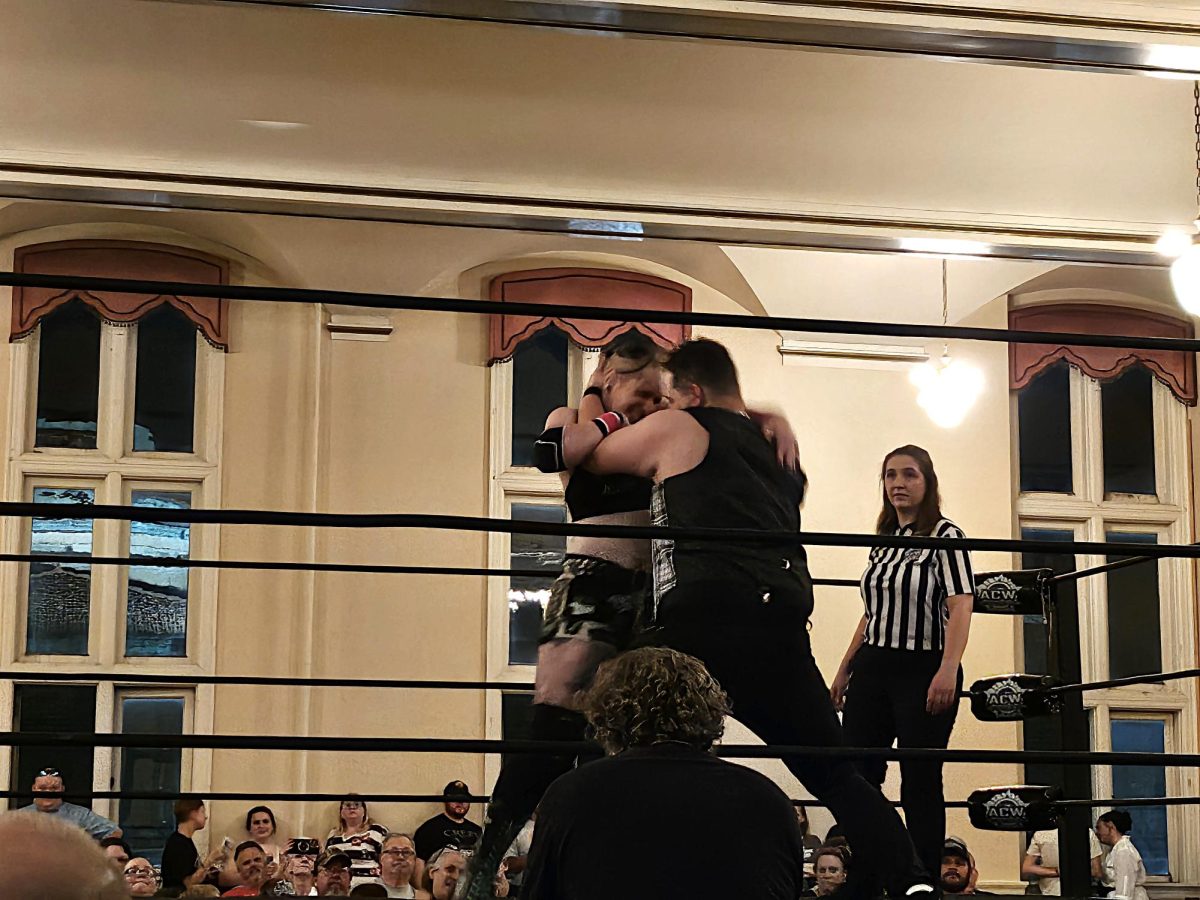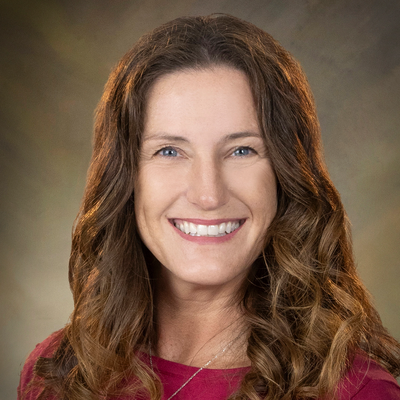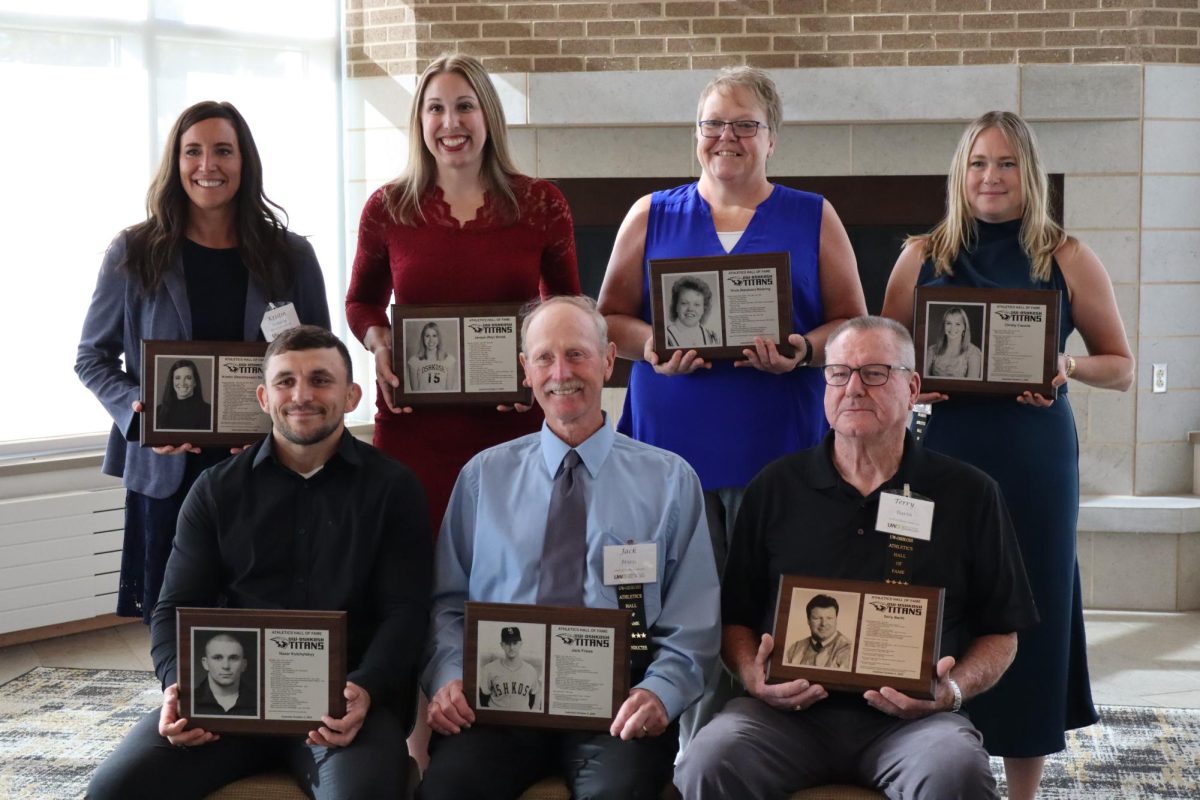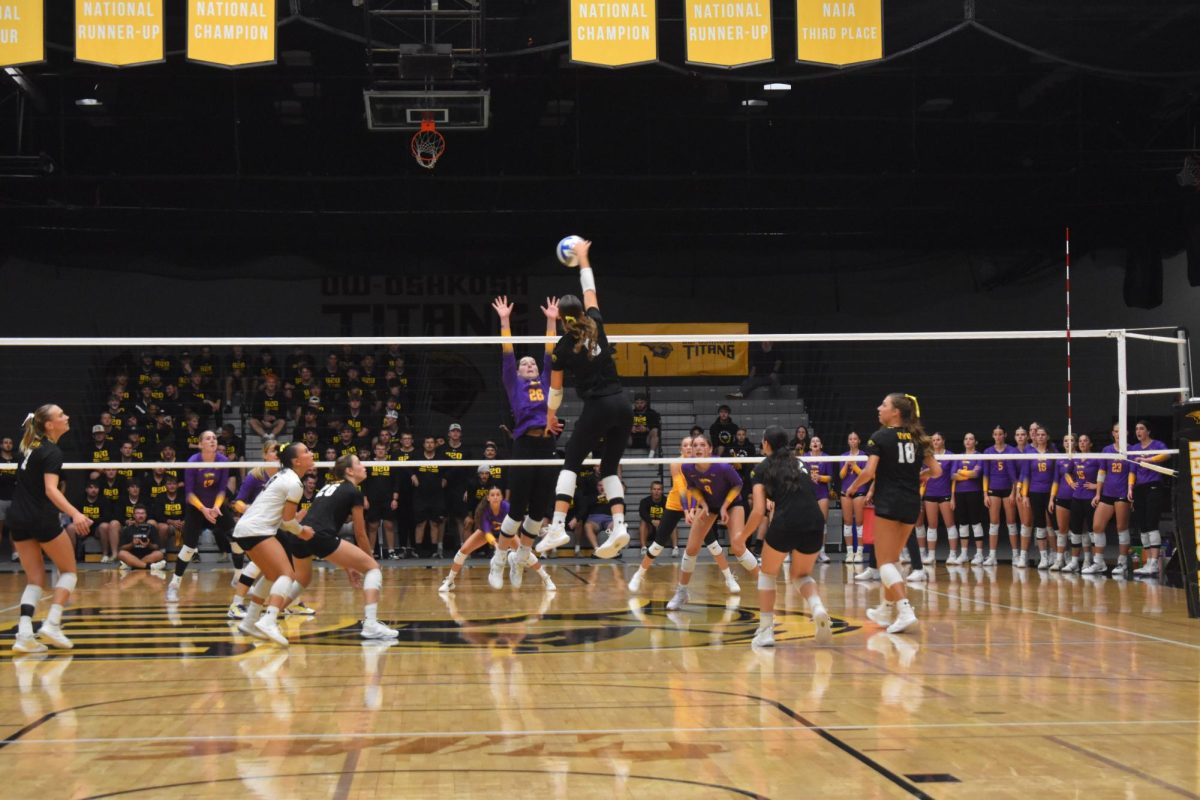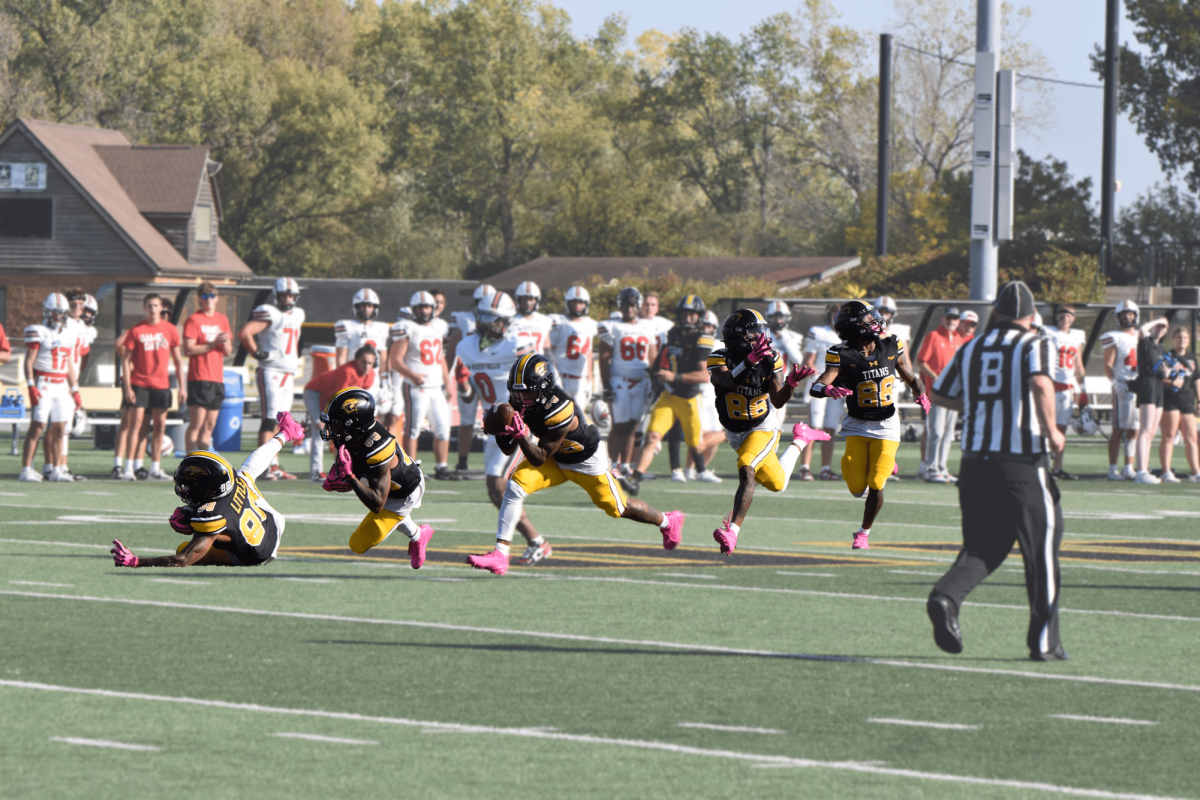After more than a year of waiting to find out the identity of the recipient of his bone marrow transplant, UW Oshkosh quarterback Brett Kasper has found his match.
The recipient was 10-year-old Phoenix Bridegroom from Chesterton, Indiana, who was diagnosed with acute lymphoblastic leukemia and needed the transplant to save her life.
“The doctor told us that her only chance of beating this cancer after it had come back was a transplant, and a successful transplant at that,” Phoenix’s mother Tammy Bridegroom said. “So it was very scary.”
In October 2011, when she was 5 years old, Phoenix underwent a five-day stretch in which she experienced headaches on and off along with occasional vomiting.
“We took her to the doctor, and the doctors thought she had a sinus infection,” Tammy said. “Then she started looking like there was something much more wrong with her. She wasn’t getting any better, so we ended up taking her to the ER at that point.”
According to Tammy, the doctors knew Phoenix was not responding normally. She was overly tired, looked dehydrated and was vomiting regularly.
“They knew they wanted to do some blood tests right away and give her some fluids,” Tammy said. “As soon as the first blood tests came back, they knew right away that she had leukemia.”
Phoenix started experiencing hemorrhages in her brain, and she was immediately airlifted to Riley Children’s Hospital in Indianapolis where she was put on life support for 12 days.
Due to the brain injuries, Phoenix was unresponsive and lost her vision, Tammy said.
“She couldn’t see at all,” Tammy said. “A couple months after that, she was able to have the surgery done, and right after her surgery, she was able to see again.”
After going through nearly three years of recovery, which included chemotherapy and radiation, Phoenix concluded treatment in June 2014.
“She started complaining of headaches and started vomiting again and had no appetite,” Tammy said. “She was under a doctor’s care fairly regularly at that point, so it was kind of like just to be on the safe side, let’s have the doctor take a look at her. They did blood work, and they knew right away that she had relapsed.”
In October 2014, the cancer had come back.
“It was really difficult,” Tammy said. “Physically for her, it was extremely difficult, painful and hard. The relapse was really hard on her because she felt like she had already paid her dues and gone through this before, so it’s confusing for a kid to have to go through something like that again.”
After determining that a transplant was the only way to save Phoenix’s life, the doctors tested her sister, Diva, who was not a match.
Approximately two months after Phoenix’s relapse, the family was notified that they had identified a match.
Following a successful transplant surgery, Phoenix’s family had to wait one full year to find out the identity of the donor.
A few weeks ago, Tammy learned Kasper was the donor and reached out to him through email.
“It was a thank you letter for what he has done for us,” Tammy said. “Shortly thereafter, he wrote me back and sent me some photos and gave me history of what his story was like and what the process was like for him.”
The UWO football team partnered with Be the Match, which prides itself on managing the largest and most diverse bone marrow registry in the world according to its website.
Approximately 80 percent of the football team volunteered to have their mouths swabbed during an on-campus registry in the spring of 2014.
“They say it’s like winning the lottery to be a match, so when I first got on the registry list, I didn’t really think anything of it,” Kasper said. “But at the same time, if you buy a lottery ticket, you still have a chance to win, so you’ve got to think if you do get matched with a recipient, you have to be committed to it. I knew if I was ever to get matched, I wouldn’t back down from it.”
After being notified in November 2014 that he was a potential match, Kasper went in for more testing. A month later during finals week, he was told he was a perfect match for an 8-year-old girl.
“When I actually got the call saying that they’re going to go through with me, it was really exciting,” Kasper said.
All Kasper knew going into procedure was that the recipient was an 8-year-old girl, and on Feb. 17, Kasper underwent surgery at UW Hospital in Madison.
“I was a little bit nervous because I didn’t fully know what to expect,” Kasper said. “The only nerve racking thing for me was being put under, which sometimes can be a little scary, so I was a little nervous going in.”
Approximately 10 months after surgery, Kasper was notified through his coordinator that the recipient was doing well, and Phoenix’s identity was revealed a few months after.
“We haven’t met yet, but it’s looking really promising to actually meet because they’re really open about their story,” Kasper said. “They want to spread awareness of childhood cancers.”
Kasper said he would like to have Phoenix and her family attend one of his football games at some point in the fall.
“Ideally, I would meet with them once down there and then bring them up here for a game or two,” Kasper said.
Tammy said she hopes stories like this will lead to more people to register.
“My hope is that our story would inspire people to get on the national bone marrow registry, so they can be potential matches and life savers,” Tammy said.
According to Kelli VanderWielen, the community engagement representative for Be the Match at the Community Blood Center, this story has already raised awareness with an increase in potential donors.
“I can’t even begin to explain the impact that Brett has made on our organization in this community,” VanderWielen said. “He has inspired, and he has given hope, courage, purpose and meaning in life. His story is going to continue to encourage people for years and years to come.”
UW Oshkosh held the first day of this year’s Be the Match drive on April 27 and students can still register on Thursday, April 28 from 9 a.m. until 7 p.m. in Sage Hall or Reeve Memorial Union.
“There’s about 12,000 patients each year that search the registry, and it is our mission to make sure that everyone has a match, but unfortunately that doesn’t always happen,” VanderWielen said. “That’s why being in a college campus where there is diversity is really important because you’re more likely to match with someone within your own race and ethnicity.”
VanderWielen said the support from the Oshkosh community made a big difference for Phoenix.
“A little over a year ago, that girl was in a rough spot, but now she knows that Brett, his coach, an entire team and an entire community were really supporting her during that time, and at that point, she didn’t even know,” VanderWielen said.
“Now over a year later, she knows how much support she has of some wonderful folks in a different community.”
When Phoenix was first diagnosed in 2011, Tammy left her position as a local YMCA administrator to become a stay-at-home mom to take care of Phoenix full time, which she still does today, while her husband John is a self-employed graphics designer.
After missing the majority of her schooling so far, Phoenix is enrolled at Brummitt Elementary School in Chesterton in third grade.
“The hardest thing for her was having to be isolated and not being able to go to school and be with the other kids her age,” Tammy said.
According to Tammy, Phoenix is healthy and doing well in her recovery.
“She is doing great,” Tammy said. “Medically, her status is 100 percent cancer free, so she’s doing as well as she possibly could at this moment.”



